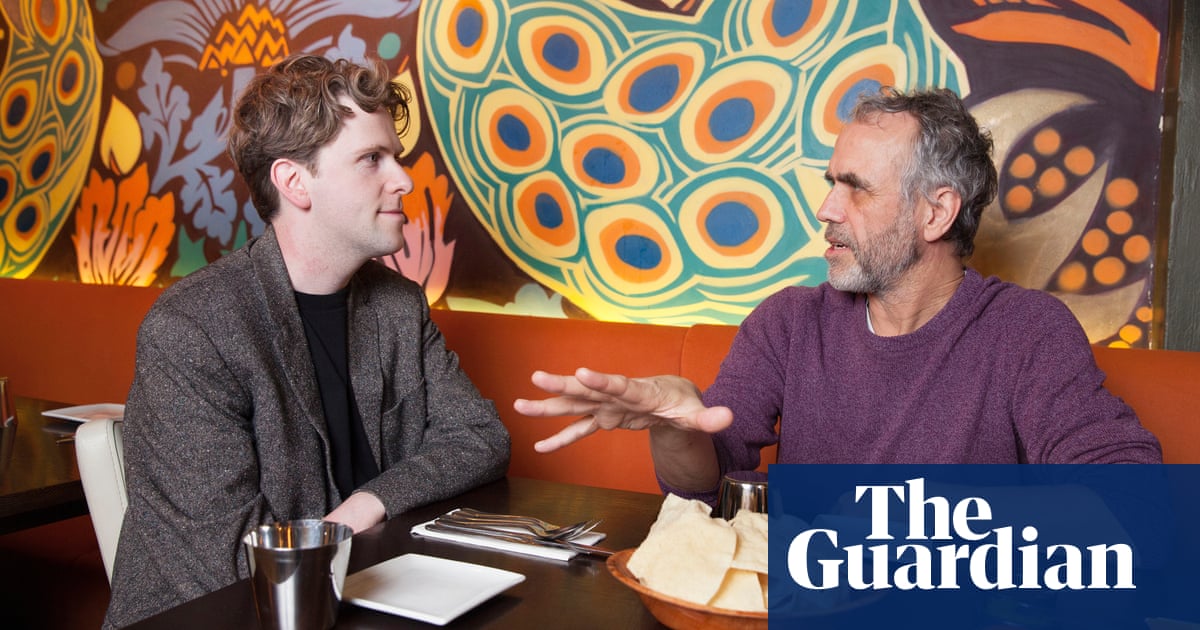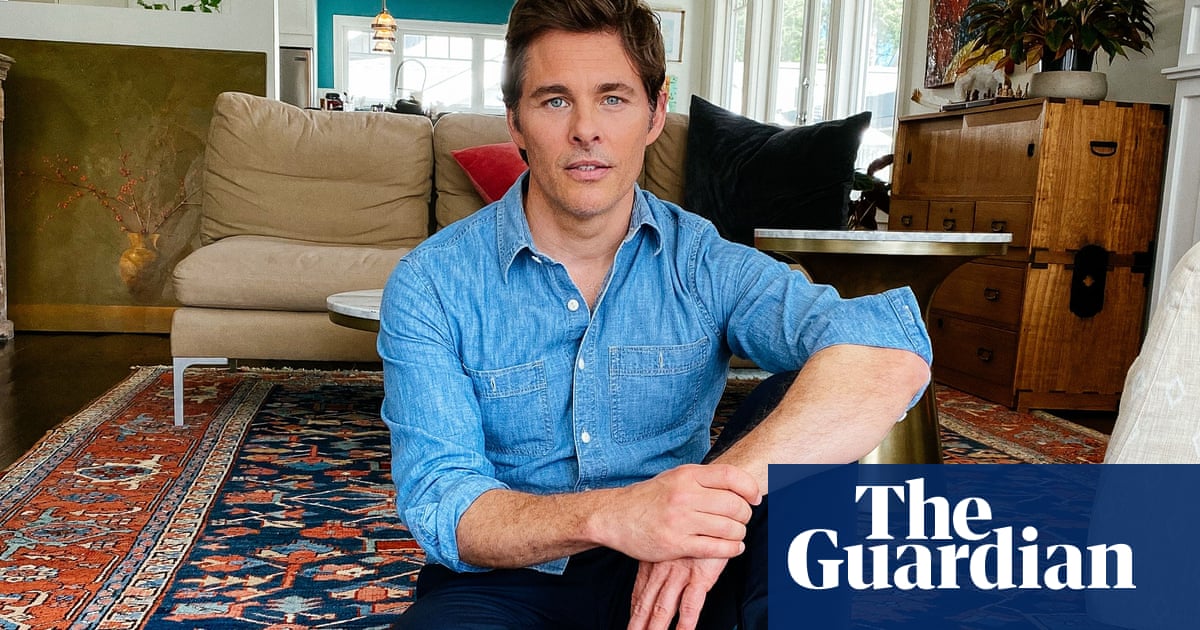
Chris Stedman is explaining the central conceit of his podcast Unread. The four-part series sees the writer and podcaster memorialise his friend Alex, who took his own life in late 2019, via narration, voice notes and testimonies from mutual friends. It also follows Stedman’s quest to better understand his friend’s life, digging into parts of his history that he didn’t know existed. Bringing together an affecting story and a compelling mystery, Unread garnered critical acclaim from the likes of Vulture, and has been among the podcast highlights of the year since its release in July.
While a podcast might seem like a strange medium for a eulogy of sorts, in the case of Chris and Alex it is perhaps the one which makes most sense. Their decade-long friendship largely took place online, and Stedman learned of Alex’s death via a posthumous email from his friend. “It was shocking and horrifying to receive but he explained everything very clearly,” Stedman says. “Near the end, though, there was a detail that didn’t make sense to me. He included a link to audio files of him talking to someone he had met almost a decade earlier on a fan forum, who sounded exactly like Britney Spears.”
In the weeks following Alex’s death, Stedman kept thinking about the reason why he had included this detail and decided to search for the Britney voice double, who went by the name Alice online. In the process, he tried to understand why Alice had meant so much to Alex, as well as considering how online fan communities provided him with a sense of belonging. Recording his progress, Unread is a poignant journey through Stedman’s grief, using the Britney mystery to ask how our digital lives can provide our loved ones with a semblance of our existence long after we are gone.
“I met Alex when I was in my early 20s, living in Chicago, and he just cracked me open,” says Stedman. “After years in the closet, I thought that the best way to survive was to present a ‘polished’ version of myself, but he didn’t care about any of that. He was unapologetically himself and allowed me to be too.”
The pair bonded over a mutual love for music, specifically Spears’s discography. “There is something about her that’s just so real,” he says. “She is a superstar but she also has her own struggles. In an age of the perfectly curated online presence, Britney feels genuine. It’s why a lot of us in marginalised communities see ourselves reflected in her.”
Stedman moved to the east coast for work but the pair stayed in touch, often sending each other snippets of singalongs to Britney songs. As scrutiny over Spears’s controversial conservatorship increased, Alex was vocal with his support. “He was on the Free Britney train before it even became a thing,” Stedman says. “It’s very bittersweet to now see how much progress has been made in her case, as I know he would have been really happy about it.”
Central to the discussion over Spears’s legal autonomy and the powerful, fan-led Free Britney movement is her mental health – something Alex struggled with throughout his life. “He sometimes felt like people wouldn’t believe that he had these immense struggles, or he felt like there were some people who only wanted him around when he was the life of the party,” Stedman explains. “I heard echoes of that in Britney’s court testimonies. The world is only interested in rewarding certain aspects of who she is and will punish her for these other, equally valid parts.”
Producing the podcast in collaboration with Alex’s family, Stedman is careful to not detail why Alex took his life, but rather to be honest about the circumstances of his death and open up conversations about suicide.
“His is a life that doesn’t usually get celebrated,” Stedman says. “Part of what made Alex so special is also what made life so difficult for him. He struggled to hold down a job, he was a wandering spirit, and he prioritised love and relationships over traditional notions of ‘success’. The world wasn’t necessarily built for people like him but I still wanted to honour his memory and to find out what Alice had meant to him.”
Alice’s voice recordings are uncanny in their Britney-ness, as well as explaining how a digital friendship can be as meaningful as one in real life. While the question of her identity is kept tantalisingly vague for the most part, as Stedman gets closer to finding her, we begin to understand Alex’s reasoning for including her in his final email. The result is a deeply moving final episode where Alex’s last wishes lead Stedman to a newfound reflection on his own life. “I’m such a sceptic usually but this search allowed me to do what Alex would do, which is to embrace the fantasy of it all,” he says.
While the show has garnered praise for providing a new take on “stan” culture (intense fan behaviour) and the much talked-about Free Britney, Stedman sees its legacy as being more wide-reaching.
“There’s this culture of silence and shame around suicide – one of the things that I found really gratifying is hearing from people who either have struggled with suicidality themselves or have lost a loved one and have found the show useful for their own processing,” he says. “We often view suicidality as someone having an irrational moment, but there’s nothing irrational about not wanting to be alive in a world that doesn’t seem to care whether you live or die. While I’m devastated that Alex is gone, I don’t judge his decision.”
Ultimately, the unanswered questions that remain – about Alice, and Alex’s death – become the meaning of Stedman’s journey, rather than a means to an end. “I started out trying to understand exactly what happened and looking for points where I should have seen something was wrong with Alex, but this process has helped me become more comfortable with the unknowns,” he says. “Part of learning to live with loss is learning to accept the uncertainties. I’m in a different place now and all I want is to do Alex justice. I love him.”












